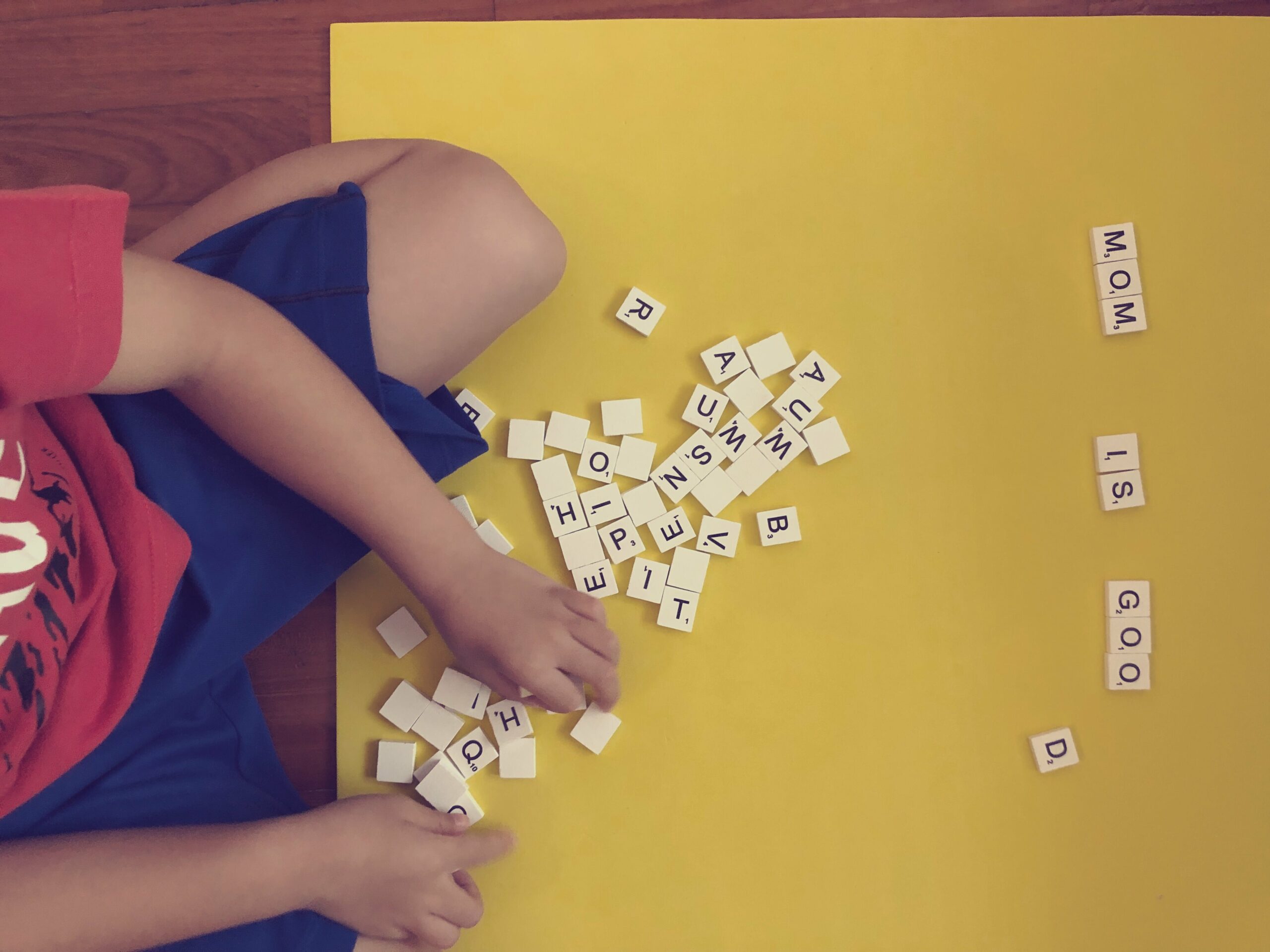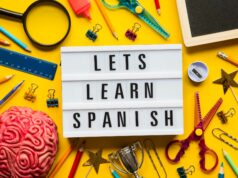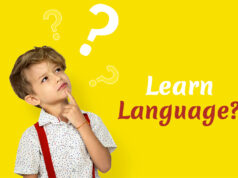Learning a language can be tough for kids. But it doesn’t have to be all work and no play. In fact, adding some fun to the mix is a great way to help kids learn.
That’s why I’ve put together this list of the most fun language games for kids. From guessing games to classic Hangman, these activities are not only entertaining, but they’re also educational.
So why not give them a try? Your kids will have so much fun they won’t even realize they’re learning. And you might have some fun yourself.
The importance of fun in language learning for kids
Fun games are an effective way to teach kids language because they provide repetition.
Repetition is essential when learning a new language, as it helps build muscle memory and improves retention. But repetition is usually boring and tedious for kids. That’s why fun language games are so important – they make the repetition fun and engaging.
Plus, fun language games are a great way to foster collaboration between children. Kids get to work together while having fun and practising their new language skills. This encourages them to open up and share ideas in a creative way.
The most fun language games for kids
Hangman
Hangman is a classic language game perfect for kids of all ages. The game’s goal is to guess the hidden word before the man is “hanged.” Each time you guess a letter that is not in the word, another body part is added to the man.
The game can be played with any word, but it is more fun when you use educational words that are related to a particular lesson or topic. For example, you could use Hangman to review vocabulary words with your child. Not only is the game fun, but it also helps children to learn new words and improve their spelling skills.
Word Ladder
Word Ladder is a fun game for kids to help them improve their language skills. The game is played by linking two words together, with each word being one letter different from the other. For example, the player might start with the word “cat” and then link it to the word “hat.”
The goal is to create a chain of words, with each word in the chain being one letter different from the previous word.
Word Ladder is a great way for kids to learn new words and practice their spelling. The game can also be used to teach basic grammar rules, such as verb tenses. By playing Word Ladder, kids can have fun while also improving their language skills.
Grammar Scavenger Hunt
One fun way to help kids learn grammar is through a grammar scavenger hunt. This can be done by hiding various items around the house or classroom and having the kids find them. As they find each item, they must identify the grammatical element it represents. For example, they might find a toy car and identify it as a noun or a picture of a cat and identify it as a pronoun.
Not only is this a fun and interactive way for kids to learn grammar, but it also helps to make the learning process more memorable. Additionally, it can be adapted to different difficulty levels, making it an ideal activity for kids of all ages.
So next time you’re looking for fun and educational games for kids, don’t forget the power of a good old-fashioned scavenger hunt.
Conjugation Charades

One of the best ways to learn a foreign language is through games. Not only do games provide an enjoyable way to study, but they also help to create a fun and supportive learning environment.
Conjugation charades is one such game that can be used to teach kids how to conjugate verbs. The game is simple: each player takes turns acting out a verb in its various forms, and the others must guess the correct conjugation.
Not only does this game help to improve verb conjugation skills, but it also encourages critical thinking and creativity. In addition, playing charades is a great way to build teamwork and communication skills. So if you’re looking for a fun and educational game to play with your kids, why not try conjugation charades?
Word Jumble
One popular game that often requires a pencil and paper is known as Word Jumble. In this game, players are given a series of mixed-up letters and must unscramble them to form words.
While the game’s rules can vary, typically, each word must be at least three letters long, and players are not allowed to use proper nouns or abbreviations. In addition, many word jumble games have a time limit, adding one more element of challenge. While this game can be played alone, it is often more enjoyable with multiple people.
Not only does this provide an opportunity for friendly competition, but it can also help to expand your vocabulary as you learn new words from your opponents. Whether you are playing by yourself or with others, word jumble can be a fun and challenging way to pass the time.
Word Association
Word association is a fun and educational game that can be played with kids of all ages. The game’s basic premise is to take turns saying a word, and then each player must say a word in response that is associated with the first word. For example, if the first player says “apple,” the second player might say “pie” or “juice.”
This game can be a great way to help kids learn new words and improve their language skills. In addition, it can be a fun way to teach kids about different concepts, such as synonyms and antonyms. Players can also use word association to come up with creative ideas for stories or poems.
So whether you’re looking for a fun game to play with your kids or a way to help them learn, word association is a great option.
These are only a few examples of language games that help children learn new words and concepts. While some may be more appropriate for specific age groups than others, all of them can be adapted to create fun learning experiences for kids of all ages.
So next time you’re looking for something to do on a rainy day, or trying to teach your little ones a new concept, consider one of these fun language games!
Why are these games effective for language learning?
Language games are effective for language learning because they provide an interactive and fun way to acquire new words and concepts. Through play, kids learn without feeling overwhelmed by the amount of information that needs to be processed at once. Additionally, these fun activities keep children’s attention longer than traditional learning methods, allowing them to absorb more material in a shorter period of time. Further, language games can help improve focus and memory and encourage critical thinking skills.
How can parents use these games to help their kids learn a second language?

Parents can use language games to help their kids learn a second language in a variety of ways.
First, they can play games with their children to introduce them to new words and concepts.
Additionally, parents can use language games as fun homework assignments for their kids, helping them practice and review material that has already been taught.
Finally, parents can also use language games to encourage their kids to interact with native speakers, allowing them to not only learn the language but also gain cultural awareness.
Conclusion: The importance of fun in language learning for kids
Learning a new language can sometimes be daunting, especially for young children. However, by introducing fun and educational language games into the mix, kids can not only learn new words and concepts but also gain an appreciation for the language itself. In addition, by making learning fun, kids are more likely to stay engaged and absorb more material in a shorter period of time.
So as you look for ways to help your kids learn a new language, don’t forget to add some fun games into the mix. After all, fun should always be a part of language learning for kids!









